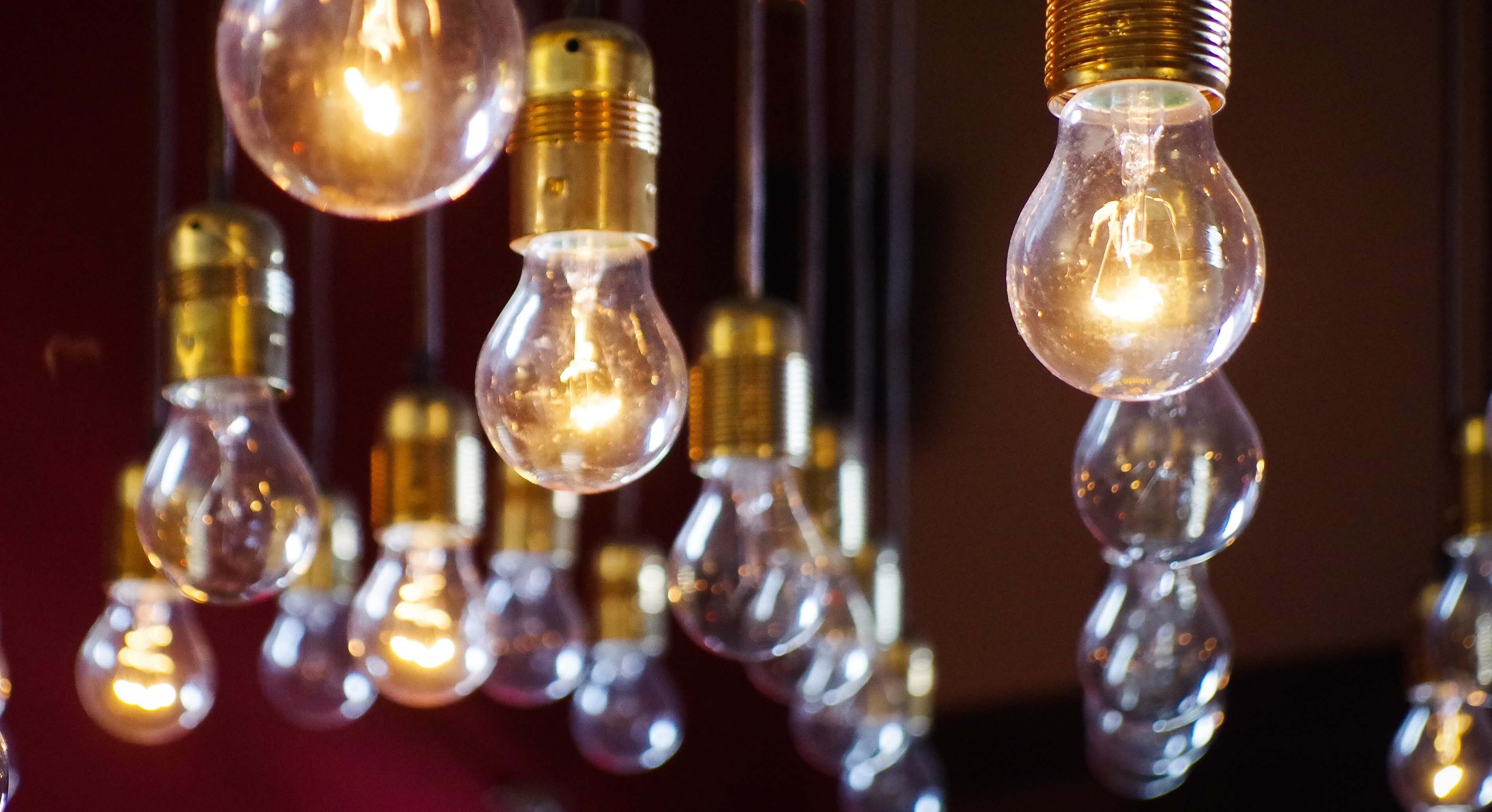I constantly marvel at how wondrous electricity is, maybe because I grew up in Africa where, for stretches of my childhood, we lived under canvas in the bush without it. I can tell you it wasn’t romantic.
My father repaired machinery in rural areas. Whenever equipment like corn-grinding, diesel-powered mills failed, the family went to the location, pitched tents and managed the best we could. Food was cooked out in the open on fires, bread baked in cast iron pots sunk into the fire.
It was almost impossible to read by hurricane lantern. Listening to 78 RPM records, played on a wind-up phonograph, was tiresome. Ours broke and stayed broken. The labor of the thing wasn’t worth the scratchy sound.
Life wasn’t awful, but it was tough. Particularly on my mother, who had to get us fed and bathed with constant fires and a kerosene stove. It gave me a lifelong reverence for electricity.
When I flip on the light in the morning, turn on the coffee maker and run the shower, I’m reminded of the generous contribution of electrons to my well-being and that of so much of the world: happiness at the touch of a switch.
All of this came back to me in Philadelphia, where the savants of the industry gathered recently at the Edison Electric Institute’s annual meeting to ponder the future of the investor-owned electricity industry.
This industry, which keeps the electrons flowing, is in a state of change. And change was much in the air in Philadelphia.
It’s the change that is driving the switch from coal to natural gas and, more pronounced, the switch to renewables.
Once electricity was made in one place and delivered to the customer in another, now it’s more complicated with local “minigrids,” reflecting diverse generating sites where wind turbines, solar arrays and even gas turbines are situated.
Some consumers, like universities and hospitals, are building minigrids for security. Some localities feel it’ll be cheaper to change their relationship with the grid, and utilities themselves are building minigrids.
Christopher Crane, president and CEO of giant Exelon Corporation, said that where power once flowed one way down its wires, now it’s looking at flows that go two ways.
Lynn Good, chairman, president and CEO of Duke Energy, another giant utility famed for its engineering prowess, spoke about the challenges and opportunities of the new order, pointing out that despite the changes, which include the switch to electric vehicles — there are now 1 million in the United States — and the abandonment of coal, some old bugaboos remain. Good said building infrastructure (power lines, generating stations and substations) remains as difficult as ever.
The utilities are in a paradox: Electricity demand is flat — and most have programs to reduce demand through efficiency — yet they remain, as E&E News reporter Rod Kuckro told me, darlings on Wall Street. The switch to electric vehicles is a new market for utilities, while it augurs less well for the oil industry.
Looming full of promise for the utilities are smart cities, which will rely on electricity as their bedrock, their fuel and their glue. But these also will impose a demand: More electrification asks more reliability. Utilities are facing the need for greater resilience, fewer storm outages and reliable backup, like batteries, when lines do go down in aberrant weather.
Even here, things could change. Tech titans, like Google, which are very interested in smart cities, would also like to be electricity providers.
The existential threat to the happy future of the utility companies is cybersecurity. They are, in tandem with the Department of Energy and other federal agencies, throwing talent and money into hardening their systems. Trouble is, as Alex Santos, co-founder of the information security firm Fortress, said, “It’s a Cold War kind of situation where they build, we build.” Now the hackers build, and the utilities build against them.
When in Philadelphia, 267 years ago, Ben Franklin used a kite and a key in a thunderstorm to certify that the electricity in lightning was the same as the one known on the ground, he moved the theory of electricity along mightily. It’s still moving. Thanks, Ben.

 Follow
Follow
Leave a Reply